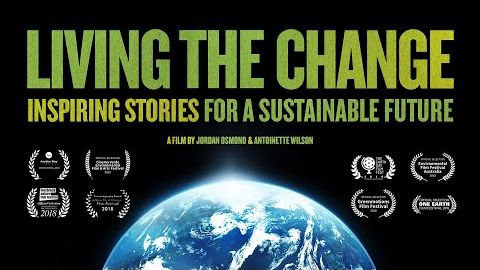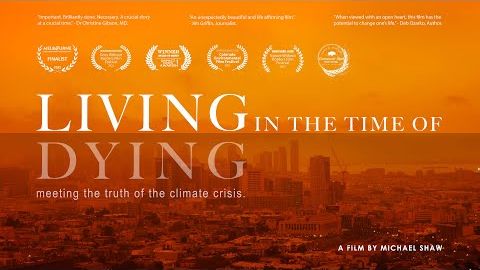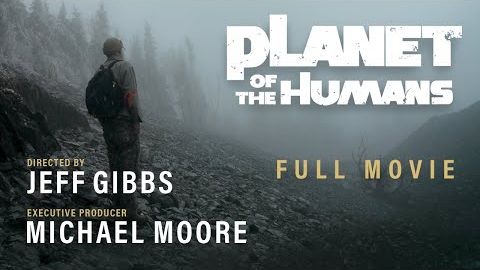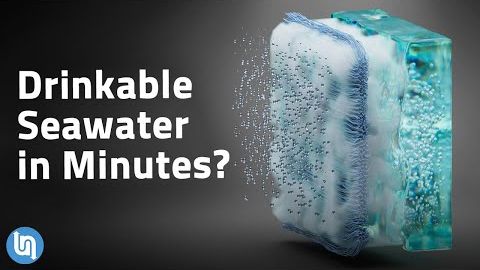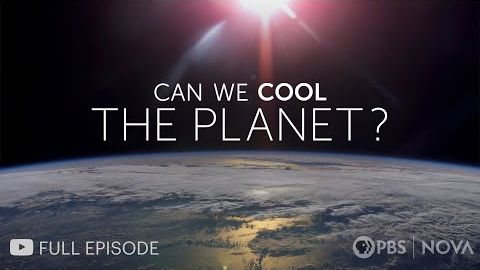Thanks. High quality videos from WVTCH ᴴᴰ Climate change 2020, climate change short film, climate, climate zones, climate changes, climate crisis, climate change national geographic youtube, climate change speech, climate change news, climate change the facts.
CONTENT: Temperature Will Rise: Climate models predict that Earth’s global average temperate will rise in the future. For the next two decades warming of about 0.2° Celsius is projected. If we continue to emit as many, or more, greenhouse gases, this will cause more warming during the 21st Century than we saw in the 20th Century. During the 21st Century, various computer models predict that Earth’s average temperature will rise between 1.8° and 4.0° Celsius (3.2° and 7.2° F). The amount of predicted warming differs depending on the model emissions scenario (how much greenhouse gas emissions it assumes for the future). The amount of predicted warming also differs between different climate models. Climate change is predicted to impact regions differently.
For example, temperature increases are expected to be greater on land than over oceans and greater at high latitudes than in the tropics and mid-latitudes. Changing Precipitation: Warmer average global temperature will cause a higher rate of evaporation, causing the water cycle to “speed up”. More water vapor in the atmosphere will lead to more precipitation. According to models, global average precipitation will most likely increase by about 3-5% with a minimum increase of at least 1% and a maximum increase of about 8%.
Yet, changes in precipitation will not be evenly distributed. Some locations will get more snow, others will see less rain. Some places will have wetter winters and drier summers. Melting Snow and Ice: As the climate warms, snow and ice melt. The amount of summer melting of glaciers, ice sheets, and other snow and ice on land are predicted to be greater than the amount of winter precipitation.
The amount of sea ice (frozen seawater) floating in the ocean in the Arctic and Antarctic is expected to decrease over the 21st Century too, although there is some uncertainty as to the amount of melt. Rising Sea Level: A warmer climate causes sea level to rise via two mechanisms: (1) melting glaciers and ice sheets (ice on land) add water to the oceans, raising sea level, and (2) ocean water expands as it warms, increasing its volume and thus also raising sea level.
During the 20th Century, sea level rose about 10 to 20 cm (4 to 8 inches). Thermal expansion and melting ice each contributed about half of the rise, though there is some uncertainty in the exact magnitude of the contribution from each source. By the year 2100, models predict sea level will rise between about 20 and 50 cm (8 to 20 inches) above late 20th Century levels. Thermal expansion of sea water is predicted to account for about 75% of future sea level rise according to most models. Acidic Ocean Water: Earth's oceans are predicted to act as a buffer against climate change by taking up some of the excess heat and carbon dioxide from the atmosphere.
This is good news in the short run, but more problematic in the long run. Carbon dioxide combined with seawater forms weak carbonic acid. Scientists believe this process has reduced the pH of the oceans by about 0.1 pH since pre-industrial times. Further acidification of 0.14 to 0.35 pH is expected by the year 2100.
More acidic ocean water may cause problems for marine organisms. Impacts on Ocean Currents: Large-scale ocean currents called thermohaline circulation, driven by differences in salinity and temperature, may also be disrupted as climate warms. Changes in precipitation patterns and the influx of fresh water into the oceans from melting ice can alter salinity.
Changing salinity, along with rising water temperature, may disrupt the currents. In an extreme case, thermohaline circulation could be disrupted or even shut down in some parts of the ocean, which could have large effects on climate.
If any of you have some suggestion for any type of videos you would like to see please let us know in For following videos check out our channel with many more quality videos at demand.
Videos provided on this website are for personal, non-commercial use WVTCH ᴴᴰ.
If you would like a video to be edited or erased please contact us. e-mail:trailervidhome@gmail.com


